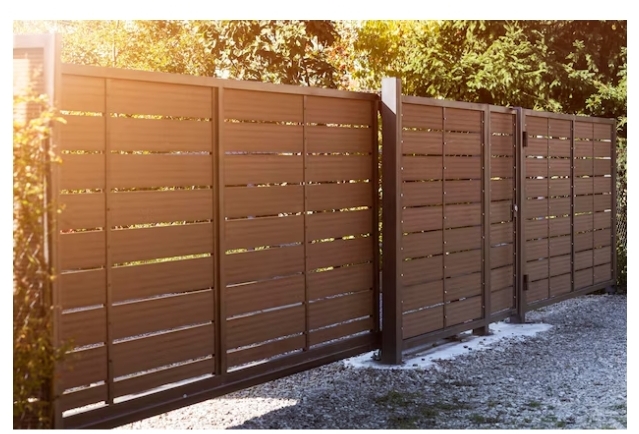Choosing the right type of fencing for your property is a crucial decision that can enhance security, privacy, and aesthetic appeal. With various materials and styles available, understanding your options is essential. This article will guide you through the key considerations for selecting the ideal fencing solution for your needs, including insights into Privacy Fencing Services and commercial fencing.
Understanding Your Fencing Needs
Before diving into specific types of fencing, it’s important to assess your specific requirements. Consider the following factors:
- Purpose: Determine why you need a fence. Is it for privacy, security, decoration, or to keep pets and children safe? Your purpose will significantly influence your choice of materials and design.
- Budget: Establish a budget for your fencing project. Different materials come with varying costs, and understanding your budget will help narrow down your options.
- Local Regulations: Check local zoning laws and homeowners association (HOA) guidelines. Some areas have restrictions on fence height, style, and materials, which can affect your choices.
- Aesthetic Preferences: Consider the overall look you want to achieve. The fence should complement your property and enhance its curb appeal.
Wood Fencing
Wood is a popular choice for residential fencing due to its natural beauty and versatility. It can be customized in various styles, including picket, privacy, and ranch.
- Advantages: Wood fences provide excellent privacy and can be stained or painted to match your home’s exterior. They are also relatively easy to install.
- Disadvantages: Wood requires regular maintenance, including staining and sealing, to prevent rot and insect damage. It may not be the best choice for areas with high moisture.
Privacy Fencing Services
If privacy is a primary concern, consider hiring Privacy Fencing Services. These professionals can help you choose the right materials and styles that maximize seclusion while adhering to local regulations. Common options for privacy fencing include:
- Solid Wood Fences: Tall wooden panels can effectively block views and noise.
- Vinyl Privacy Fences: These fences are designed to be solid and tall, providing an excellent barrier against prying eyes.
- Composite Fencing: Made from a blend of wood and plastic, composite fences offer the look of wood with enhanced durability and low maintenance.
Commercial Fencing
For businesses, commercial fencing is essential for security, branding, and compliance with regulations. Here are some common types of commercial fencing:
- Security Fencing: Often made from chain link or welded wire, security fencing is designed to deter intruders and protect assets.
- Ornamental Fencing: This type of fencing combines security with aesthetics, often made from aluminum or wrought iron, enhancing the property’s appearance while providing a secure boundary.
- Temporary Fencing: Ideal for construction sites or events, temporary fencing is easy to install and remove, providing a flexible solution for short-term needs.
Conclusion
Choosing the right type of fencing for your property involves careful consideration of your needs, budget, and aesthetic preferences. Whether you opt for wood, vinyl, chain link, or aluminum, each material has its advantages and disadvantages. For those focused on privacy, enlisting Privacy Fencing Services can ensure you achieve the desired level of seclusion. Similarly, businesses should consider commercial fencing options that enhance security while reflecting their brand identity. By evaluating your options and consulting with professionals, you can select the perfect fencing solution that meets your specific requirements and enhances your property’s value.



